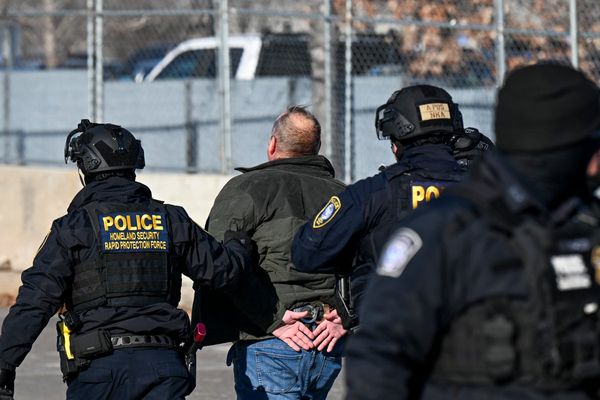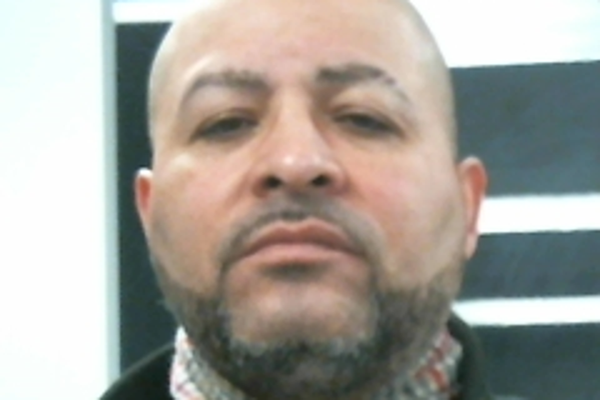SAN DIEGO — San Diego's new Border Patrol Chief has several priorities stepping into her role, but the most important is the safety of agents and migrants.
Patricia McGurk-Daniel, a 24-year veteran of the U.S. Border Patrol, sat down with reporters on Friday morning to talk about her plans after she was tapped to move from the Yuma Sector to the San Diego Sector to take over for retired Chief Aaron Heitke.
"One of my first jobs is going to the front lines and listening to my employees," she said. "That includes my radio operators, that includes my mechanics, that includes agents on the front line and seeing where they are emotionally and mentally."
She emphasized her priorities in discussing the future of Friendship Park, which straddles the U.S.-Mexico border.
Community organizers, including Friends of Friendship Park, have been protesting border wall construction there and the yearslong closure of the historic meeting point between the two countries.
She said building the taller border walls to replace the existing ones was necessary because of corrosion damage.
"Until that infrastructure is replaced, it's not safe for my agents, and it's not safe for migrants," she said.
She noted that once the construction is complete, she was open to allowing activities back into the area at the edge of Border Field State Park "if it's operationally feasible."
"We have only a certain level of manpower at this point," McGurk-Daniel said.
She said agents sometimes struggle with how often Border Patrol is criticized in the news.
"We can't do it alone. We need help from the community, but we need to recognize that our agents are doing their best," she said.
She said she had met earlier in the day with nonprofits who work to support migrants, including Jewish Family Service and Catholic Charities, as part of her coalition-building to support the work of receiving and processing migrants at the border. She said she planned to meet with local, state, tribal and federal government officials, as well.
She said she hopes that networking will help avoid another situation of migrants being held between the border walls for days — with little food or water — waiting to be processed, as happened earlier this year.
"No one's given us a traditional definition of what that is — are you in detention? Are you not in detention?" McGurk-Daniel said. "But at the end of the day, they're human beings, and we're going to address those efforts as much as possible. I look forward to working with the community partners to figure out how we are going to respond to a similar or even a more intense situation of that nature."
She also discussed with the nonprofits the issue of migrants being taken to hospitals by Border Patrol and then left there without being officially processed. That complicates migrants' situations because they have no documents to show they've been apprehended and released.
Agents should prioritize getting migrants to the care they need, she said. She was concerned about balancing the discomfort of hospital workers and other community members at seeing Border Patrol agents at hospitals with processing migrants who have urgent medical needs when they cross the border.
Originally from El Paso, Texas, McGurk-Daniel said she left home early because of family objections to her sexual orientation. She pursued a degree in music as a classically-trained violinist. She said she was randomly recruited to join Border Patrol while working as a bartender.
The only woman in her Border Patrol academy class, she was initially stationed in Nogales, Arizona.
"Once I got out into the mountains, I felt a calling to the job," she said.
She said that she learned patience and empathy from the discrimination she faced as a woman and member of the LGBTQ+ community throughout her life. She believes both help her in her work as a leader in the agency.
She said she would have zero tolerance for agents who allow themselves to be corrupted by smuggling organizations.
"I've lost a lot of peers and friends who have been injured and killed in the line of duty," she said. "For every single agent that breaks their oath like that, that is a disrespect for all the agents who have lost their lives."
———
(Staff writer Alex Riggins contributed to this report.)
———







